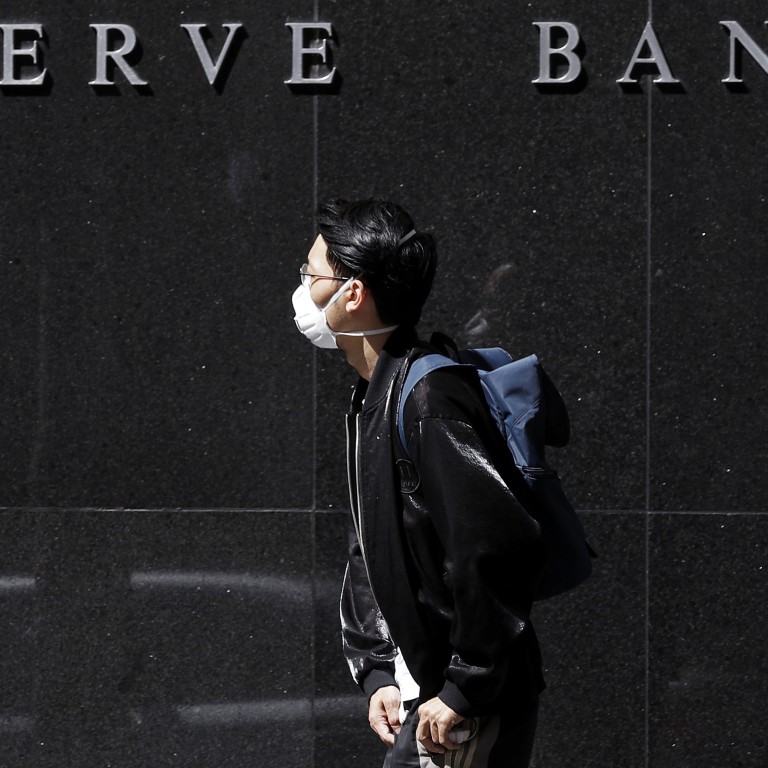
Coronavirus pandemic could be an economic policy turning point, reconfiguring the public-private nexus
- The zero-interest rate environment is likely to continue long after the crisis abates and government debt will balloon
- Governments will have to make difficult decision on which companies to save, without upsetting the principle of market forces
When a boxer is forced into a corner by his opponent, he is only thinking about how to get out of that situation. His immediate priority is simply to survive this round. The same applies to governments around the world, which are trying to control the coronavirus pandemic and save lives without wrecking economies. Nonetheless, these necessary short-term actions may leave significant longer-term marks on the policy environment.
They have already cut policy rates 85 times in total before the first quarter is over, compared with 132 cuts in the whole of 2019. The US Federal Reserve cut its policy rates by a total of 1.5 percentage points to zero in March, a dramatic move in such a short time frame. The Bank of England and the Reserve Bank of Australia also cut their policy rates to all-time lows.
Moreover, these monetary authorities are rolling out fresh rounds of quantitative easing to ensure long-term interest rates stay down too. The Fed is offering to buy as much US government bonds and mortgage-backed securities as needed to stabilise the market. It also rolled out a number of measures to inject liquidity into the corporate bond market and money market funds.

After the global financial crisis, central banks found it difficult to normalise all these emergency cuts, even once the economy had returned to a better health.
There are also long-term structural problems with government finances that are pushing government debt higher, such as pension liabilities and costly medical care for the public.
Nonetheless, fiscal deficits will rise enormously in the short term, with higher fiscal debt levels in the long run. Eventually, tougher fiscal reforms or higher taxes will be needed to contain the rising debt burden.
Why the ‘big bazooka’ used during 2008 financial crisis won’t work today
Both the monetary and fiscal stimulus mentioned above are much needed right now. Yet, some of them may have considerable side effects, such as asset price inflation or suppressed income in fixed income assets, and these aggressive actions leave central banks and governments with an even smaller toolbox to deal with future shocks. Authorities may have to come up with ever more creative ways to support their economies.

US carmakers received huge government support during the global financial crisis. However, how would governments decide who to save, without upsetting the principle of market forces? 2020 is set to be a historic year where the Covid-19 pandemic could fundamentally change the interaction between governments and their people.
Tai Hui is chief market strategist for the Asia-Pacific at JP Morgan Asset Management
Purchase the China AI Report 2020 brought to you by SCMP Research and enjoy a 20% discount (original price US$400). This 60-page all new intelligence report gives you first-hand insights and analysis into the latest industry developments and intelligence about China AI. Get exclusive access to our webinars for continuous learning, and interact with China AI executives in live Q&A. Offer valid until 31 March 2020.

